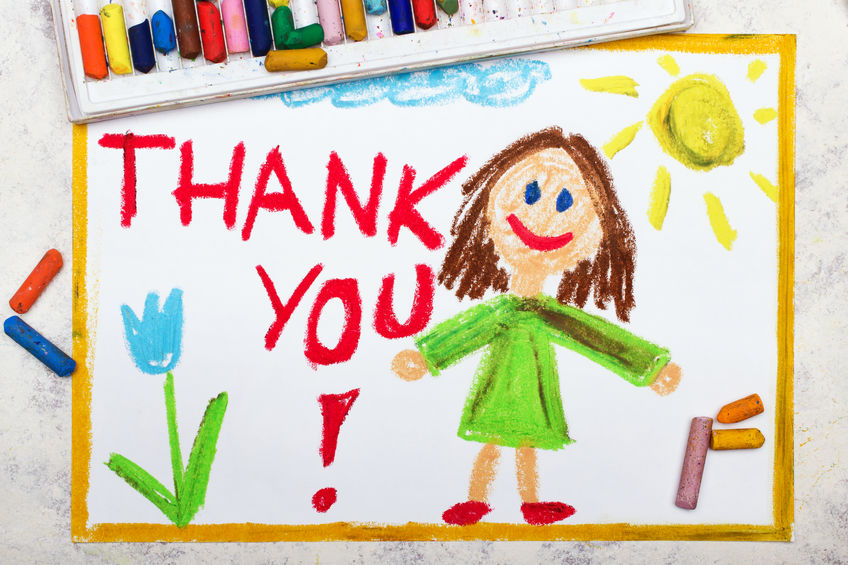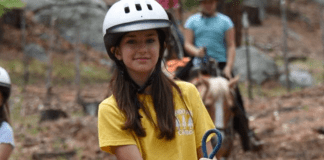As hard as you try to teach your children good manners and remind them hundreds of
times to say the magic words, you should keep on trudging, as there are benefits.
Helping young children learn appropriate, polite and considerate behavior enables them
to form good manners and become more socially attentive as they get older.
It is a known fact that polite children are liked by others and are pleasant to be around.
Everyone likes to hear the words “please” and “thank you.” The benefits could be more
friends and play dates due to their good manners. Or peace of mind for the parents with
well-mannered children as they don’t agonize about sending their children to friends’
houses. Knowing that their child knows what do and how to act in various types of
social situations is a big stress relief.

There are many benefits when teaching good manners to young children. I don’t know
of any parent who doesn’t love to hear from other parents, teachers or their own
parents, how courteous and polite their children are.
Good manners are very important, but so is teaching children GRATITUDE. When a child
expresses how thankful they are for something that was done or given to them, it shows
gratitude. They feel good about themselves and feel like a recipient and not someone
who takes. They develop empathy knowing that other people go out of their way for
them.
Without such expressions of gratitude, children become self-centered and take for
granted all that they have. People who use “please” and “thank you” regularly come
across as polite and thoughtful, which are both wonderful qualities to have. It brings to
mind how important written thank you notes can be.
“A good reminder, manners start at home and parents are the role models.”
SueAnn Brown is the founder of It’s All About Etiquette and a consultant and leader in etiquette training services nationally. Mrs. Brown’s vision for ”It’s All About Etiquette” is to professionally enhance individuals, groups, and organizations by providing her students with proven continental and international etiquette training and techniques.











